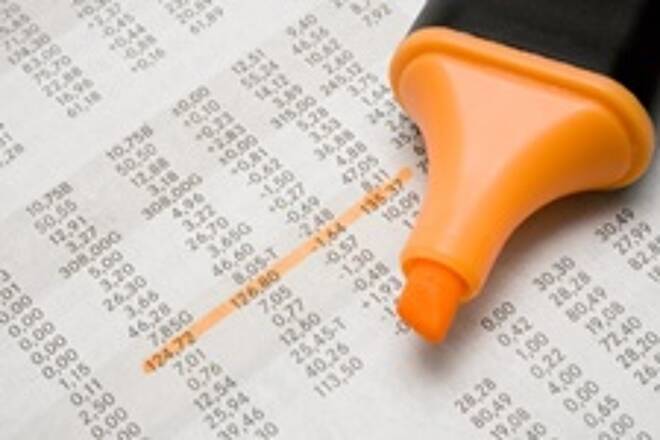Advertisement
Advertisement
Common Problems Encountered By Intermediate Traders
Updated: Mar 5, 2019, 14:43 GMT+00:00
Intro
Common Problems Encountered By Intermediate Traders Now that you are an intermediate trader with some market experience, it is important to look at some
Common Problems Encountered By Intermediate Traders
Now that you are an intermediate trader with some market experience, it is important to look at some general rules for how trades should be approached and constructed. We can look at trading frequency to identify some of the common problems that traders tend to encounter. The second half of this eBook will deal with some common mistake issues that are encountered by intermediate traders with a higher level of trading experience. It is erroneous to think that more experienced traders do not have similar behaviors that must be addressed, as forex trading is a life long learning experience and trading strategies should always be revised and examined so that common problems can be identifying and removed.
Over-Trading the Forex Markets
“One of the most typical mistakes that is seen with intermediate traders is the practice of ‘over trading,’” said Rick Bartlett, currency analyst at CornerTrader, “which occurs as forex investors latch on to new trade opportunities that do not actually exist.” These traders are over-anxious and might see certain technical setups that are not actually there. These traders tend to feel that they must be in an open position at all times, and this can lead to clouded judgment to see trading setups that do not actually exist. While it might seem as though experienced and rational people would not just imagine certain situations without clear evidence, it is something that can happen often to people who actually feel as though they are “losing money” if trades are not currently open.
Since forex markets are always open, it can be argued that money could be made on a constant basis. But the main problem with this logic is that it is your responsibility as a trader to isolate only the highest probability trading scenarios, and not look to trade “all possible” trading scenarios. While over trading might actually increase the total number of winning trades, it will almost definitely increase the number of losing trades as well. I say “almost definitely” because these trades will generally involve lower trading probabilities, which will increase the number of losers over time.
Let’s look at a simple example to see how these mistakes could unfold. Let’s say that your normal trading frequency consists of 20 trades per week. Usually, you have 12 winning trades and 8 losing trades. Next week, however, you change this strategy and implement 40 trades during the week. In this case, your winning trades increase to 20 but your losing trades also increase to 20. Here, you can see that where before, you strategy allowed you to be successful by a ratio of +4. But, in the latter scenario your trades are flat at 0. In the first instance, you would have made money while in the latter scenario, you only broke even. In this example, we can see how over trading can reduce your overall gains even though your total number of winning trades was increased.
About the Author
Advertisement
